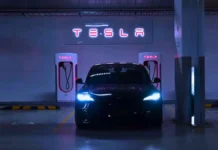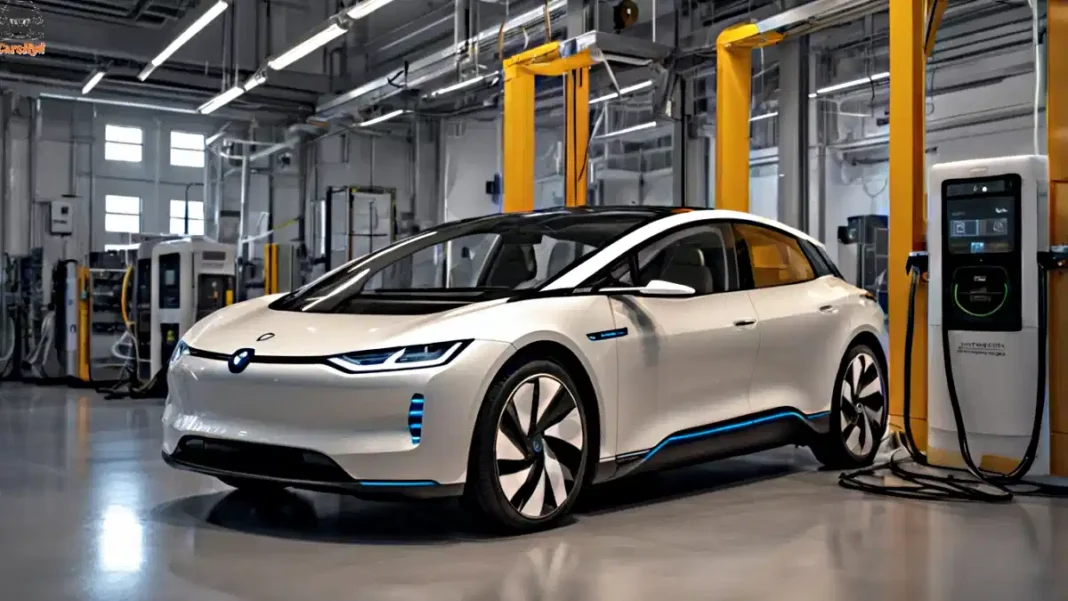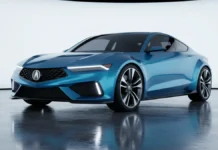The automotive industry is experiencing a paradigm shift as Electric Vehicles (EVs) gain prominence. This shift is driven by remarkable advancements in development of battery technologies, increasing autonomy, and the rapid expansion of charging infrastructures. As the world moves toward a more sustainable future, EVs are emerging as a central component of this transformation, promising to redefine how we think about transportation.
Table of contents
Understanding Electric Vehicles (EVs)
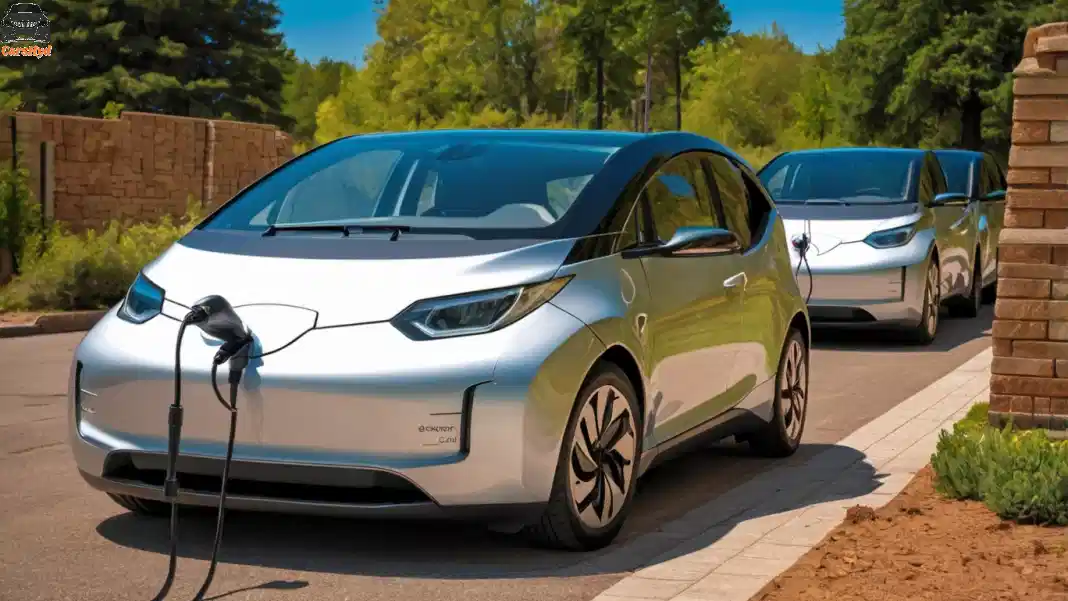
Electric Vehicles (EVs) are revolutionizing the automotive world. Unlike traditional vehicles that rely on internal combustion engines, EVs are powered by electric motors and batteries. This fundamental difference leads to several advantages, including a reduction in greenhouse gas emissions and lower operational costs. Furthermore, EVs provide a quieter, smoother driving experience and contribute to a cleaner environment.
One of the most compelling features of EVs is their efficiency. Electric motors are inherently more efficient than internal combustion engines, converting a higher percentage of energy into vehicle movement. This efficiency translates into better energy utilization and less energy wasted as heat.
Development of Battery Technologies
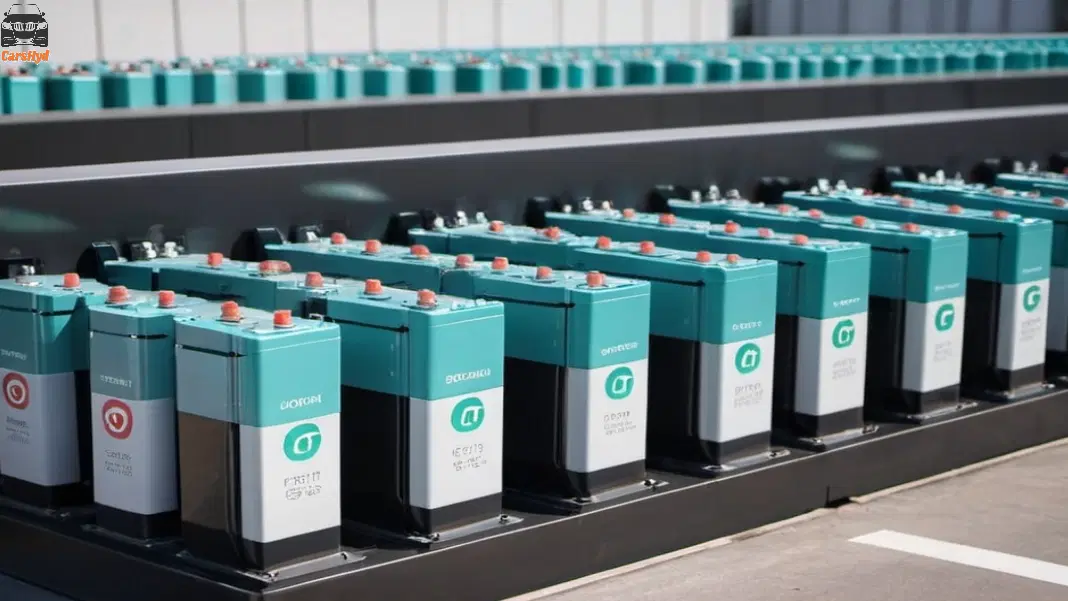
At the core of Electric Vehicles (EVs) is the battery. Recent advancements in development of battery technologies have been crucial in improving the performance and appeal of EVs. Lithium-ion batteries have been the standard for many years, offering significant improvements in energy density, longevity, and efficiency.
However, the future of battery technology holds even more promise. Solid-state batteries, for example, are gaining attention for their potential to revolutionize the EV market. These batteries use a solid electrolyte instead of a liquid one, which can result in higher energy density, improved safety, and longer life. As research progresses, these innovations are expected to become a significant component of EV technology.
Autonomy and Smart Features
Autonomy in Electric Vehicles (EVs) extends beyond just driving capabilities. Modern EVs are increasingly equipped with sophisticated driver-assistance systems (ADAS) that enhance safety and comfort. Features such as adaptive cruise control, lane-keeping assist, and automatic emergency braking are becoming standard in many models, reflecting the growing emphasis on safety and driver convenience.
Moreover, the integration of autonomy in EVs includes advanced infotainment systems. These systems offer real-time data on vehicle performance, navigation, and connectivity. They utilize artificial intelligence and machine learning to provide a more personalized driving experience. For example, some systems can learn a driver’s preferences and adjust settings automatically, creating a more intuitive interaction between the driver and the vehicle.
Charging Infrastructures
The expansion of charging infrastructures is a crucial factor in the adoption of Electric Vehicles (EVs). The convenience of charging plays a significant role in the decision-making process for potential EV buyers. Over recent years, significant progress has been made in developing extensive charging networks.
Fast-charging stations are now being deployed in various locations, allowing EVs to recharge quickly. Innovations such as ultra-fast charging stations, which can recharge an EV’s battery to 80% in under 30 minutes, are addressing concerns about range anxiety and charging convenience. Governments and private companies are working together to increase the density of these stations, making it easier for EV owners to find a charging point.
Challenges in EV Adoption
Despite the advancements, several challenges remain in the widespread adoption of Electric Vehicles (EVs). Cost remains a significant barrier. Although the prices of EVs have been decreasing, they are still generally more expensive than traditional vehicles. However, as technology continues to advance and production scales up, the cost of EVs is expected to become more competitive.
Another challenge is the uneven distribution of charging infrastructure. While urban areas often have a well-developed network of charging stations, rural and less densely populated areas may lack sufficient infrastructure. This disparity can hinder the adoption of EVs in less populated regions and is a key area that needs to be addressed to ensure widespread acceptance.
Environmental Impact
Electric Vehicles (EVs) are frequently praised for their environmental benefits. By reducing the reliance on fossil fuels, EVs contribute to lower emissions and a reduction in air pollution. However, it is essential to consider the full lifecycle of an EV, including the environmental impact of battery production and disposal.
Advances in battery recycling and the development of more sustainable manufacturing practices are crucial in minimizing the environmental impact of EVs. Efforts to improve battery recycling processes and use eco-friendly materials in battery production are important steps toward ensuring that the environmental benefits of EVs are fully realized.
Future Prospects
The future of Electric Vehicles (EVs) is promising and filled with potential. As the development of battery technologies continues to progress, we can expect even greater efficiencies and longer driving ranges. Innovations in autonomy and charging infrastructures will further enhance the convenience and appeal of EVs.
Looking ahead, manufacturers are exploring new materials and technologies to make EVs more affordable and efficient. Another promising development is the integration of renewable energy sources into charging infrastructure. It could further enhance the environmental benefits of electric vehicles. For example, solar-powered charging stations and energy storage solutions are being explored to create a more sustainable ecosystem for electric mobility.
Conclusion
In conclusion, Electric Vehicles (EVs) are at the forefront of a significant transformation in the automotive industry. The ongoing development of battery technologies, advancements in autonomy, and the expansion of charging infrastructures are shaping the future of transportation. While challenges remain, the progress in these areas promises to address key issues and pave the way for a more sustainable and efficient transportation system.
Looking ahead, continued innovation in electric vehicle technologies and infrastructure will be critical to driving the widespread adoption of electric vehicles (EVs). The evolution of these technologies represents not only a change in the way we travel, but also a commitment to a more sustainable and environmentally friendly future.






